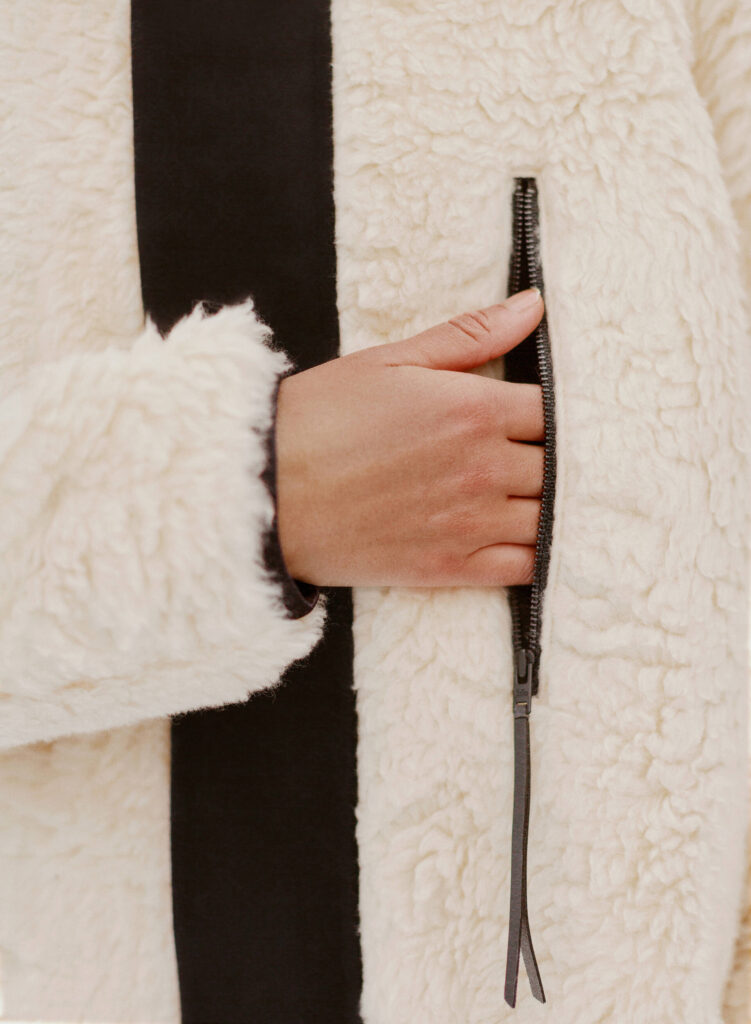
Kuura textile fibre, which is made out of softwood pulp from the Äänekoski bioproduct mill, received a ‘Green Shirt’ rating based on the evaluation arranged by not-for-profit environmental organisation Canopy. Their annual Hot Button Ranking is a well-established tool used in the global textile and fashion industries to assess the sustainability of wood-based textile fibres.
The ‘Green Shirt’ rating, awarded to Kuura for the third consecutive year, requires a risk-free, transparent supply chain, and traceable raw materials, among others. Leading brand owners, in terms of environmental sustainability, exclusively source fibre from ‘Green Shirt’ producers.
Metsä Group’s Kuura textile fibre is based on a vision to offer the global textile and non-woven industries a new textile fibre with a reduced environmental footprint.
“The Hot Button Ranking criteria have been made stricter every year. The fact that our operations were evaluated as worthy of the Green Shirt level shows that we have also moved forward in sustainability matters. Kuura is still in the research and development phase, which involves testing and developing the production process at the demo plant and assessing the market interest towards the new fibre. However, we are already attracting interest from some of the world’s largest and leading sustainable fashion houses, which reinforces the notion that we are on the right track with Kuura,” says CEO of Metsä Spring Niklas von Weymarn.
The Kuura textile fibre has also been evaluated by neutral expert organisations using the ISO standardised Life Cycle Assessment (LCA). In the conducted assessments, it was determined that the large-scale production of Kuura would emit clearly lower greenhouse gas levels compared to currently commercially available bio-based textile fibres and polyester fibres. Hence, in the so-called Global Warming Potential category, Kuura ranked as best in class, mainly thanks to its production being integrated into the unit producing pulp. This, in turn, makes the total energy requirement to make Kuura fibres very favourable. Moreover, the energy utilised in producing the Kuura fibre would be renewable.
“What also makes Kuura special is the traceability, which takes us back to the over 90,000 Finnish forest owners that are owner-members of the parent company behind Metsä Group. All the pine and spruce wood used for Kuura would be procured within a 100 km radius from the entity comprising the bioproduct mill and the Kuura mill,” von Weymarn says.
While proceeding with the Kuura test production in the EUR 40 million demo plant located in Äänekoski, Metsä Spring is simultaneously developing the technical concept of a possible first commercial textile fibre mill. In Metsä Group’s concept, the Kuura mill would be integrated into a modern bioproduct mill in order to maximise the industrial efficiency of textile fibre production.

Contact
Niklas von Weymarn, CEO
Metsä Spring Oy
tel. +358 40 547 6977
Source
Metsä Group, press release, 2023-11-30.
Supplier
Canopy Planet Society
Metsä Group
Share
Renewable Carbon News – Daily Newsletter
Subscribe to our daily email newsletter – the world's leading newsletter on renewable materials and chemicals














